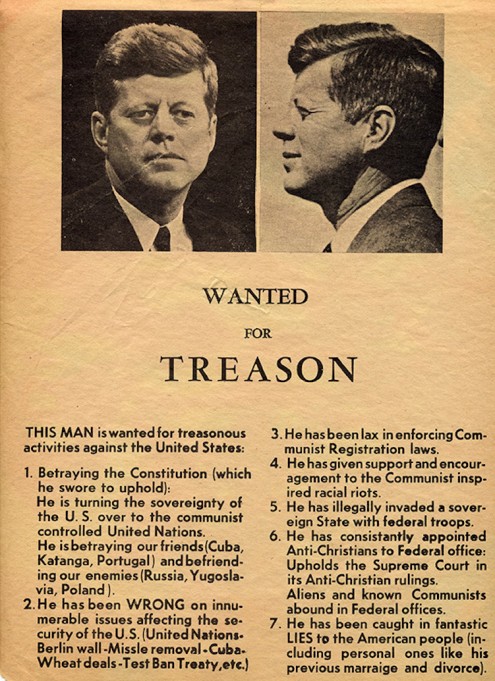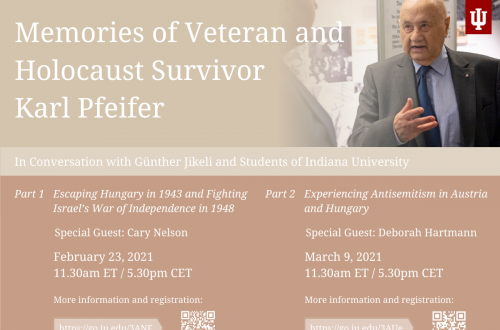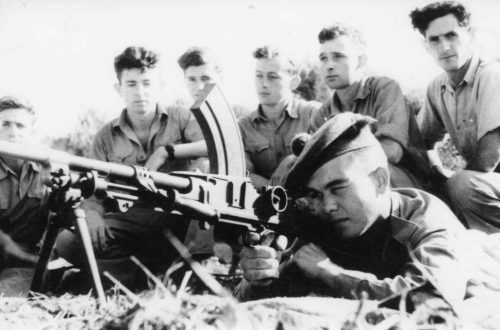According to The New Republic, about 5,000 of these handbills were distributed around Dallas at the time of President John F. Kennedy’s visit to the city on November 22, 1963.
Any resemblance to the far (and sometimes not so far) Right’s attitude toward a current American president is, of course, not coincidental at all.
Dallas was at the time a hotbed of the extreme Right, and people sometimes claim that this created a poisonous atmosphere which somehow led to Kennedy’s assassination. That’s nonsense.
Lee Harvey Oswald, a mixed-up loner, was a self-styled “Marxist,” an admirer of Fidel Castro, who probably believed he was striking a blow for the Cuban Revolution by shooting a president who made no secret of his desire to see Castro overthrown. He wouldn’t have been influenced by a leaflet like that.
In fact a few months earlier, Oswald had tried to kill former general Edwin Walker, a leading figure on the anti-Kennedy extreme Right in Dallas.
(The more you know about Oswald and his killer Jack Ruby, the easier it is to believe they each acted alone. I recommend Gerald Posner’s book Case Closed, an excellent source of information about Oswald and Ruby and their activities which conspiracy theorists tend to gloss over or ignore. As Posner observes, much of the conspiracy-mongering around the assassination comes down to the problem people have in believing that an insignificant loser like Oswald could by himself have brought down such a powerful and charismatic figure as Kennedy.)
As for the eternal “What might have been if Kennedy had lived?” Michael Kazin suggests that had JFK served out two full terms and left office in 1969, he wouldn’t be as popular as he is today.
Racists, southern and northern, would have been no less hostile to the civil rights movement and the Civil Rights Act, and young African-Americans no less frustrated at the reality of life in urban ghettos. Kennedy might not have sent tens of thousands of ground troops into the jungles and highlands of South Vietnam. But without them, the Vietcong and North Vietnamese would probably have triumphed under his watch; hawks in both parties would never have forgiven him. During the 1960 campaign, Norman Mailer famously entitled his laudatory essay about JFK, “Superman Comes to the Supermarket.” After eight years marked by a losing war and social upheaval, the dashing president’s shelf life might well have expired.
But the assassination instantly transformed him into a fallen hero, a man whose ideals seem beyond reproach and whose life and image endlessly beguile and titillate. To paraphrase what the critic Greil Marcus once wrote about America, JFK’s reputation is too much for presidents to live up to and too much to escape.
And those who are sure Kennedy would have avoided the Vietnam quagmire should remember that almost all of the advisers who urged his successor, Lyndon Johnson, to expand US involvement in the war were holdovers from the Kennedy administration.
Kazin also notes that one unfortunate effect of the Kennedy legend is that liberals are constantly looking for another Kennedy-like figure to lead them.
[G]reat presidents are made as much as self-made. In the early 1960s, Kennedy benefitted from events that made liberalism seem the wave of the future. With the aid of Keynesian policies and strong unions, the economy was booming, and the wealth gap was the narrowest in history. In Birmingham, Bull Connor’s decision to attack schoolchildren with snarling dogs and firehoses convinced a plurality of whites, for the first time, to support the cause of black freedom. Conservatives were just beginning to build a counter-movement, and they still had not rejected leaders who thought Dwight Eisenhower and Martin Luther King, Jr. were agents of a Communist conspiracy. The Vietcong hadn’t yet made enough gains in battle to force the president to choose between withdrawing and escalation. And the nearly all-male press corps tacitly agreed to ignore the fact that JFK’s sex life resembled that of a young Keith Richards on tour. By the end of the decade, all that had changed.
…..
If liberals want to do big things for their country, they should cease looking for another JFK and work on altering the political terrain so that the next Democratic president, whomever she or he may be, will feel more pressure to move to the left than to compromise with the right. That would be the best way to honor the man who stated, at his Inaugural, “In your hands, my fellow citizens, more than in mine, will rest the final success or failure of our course.”



